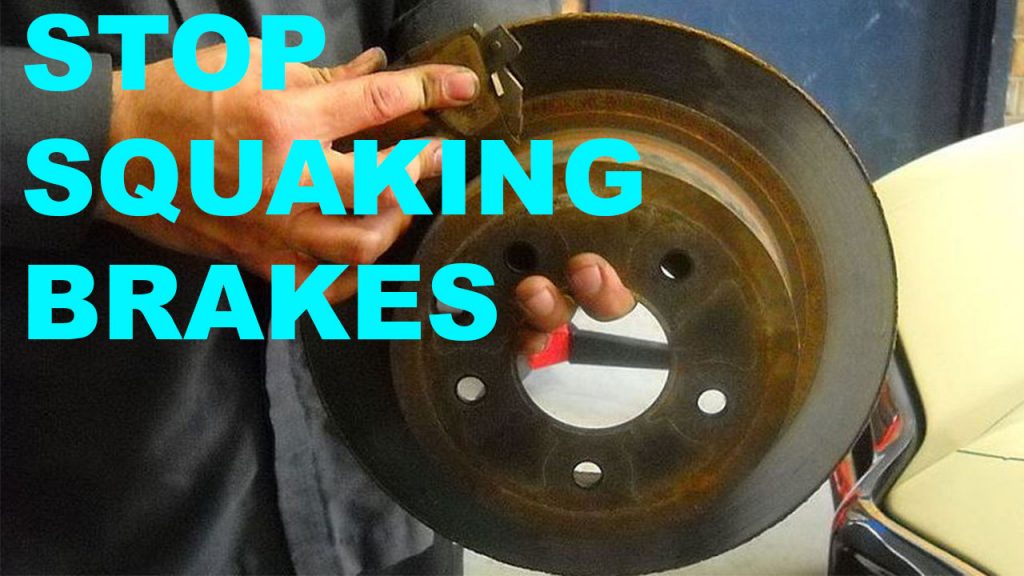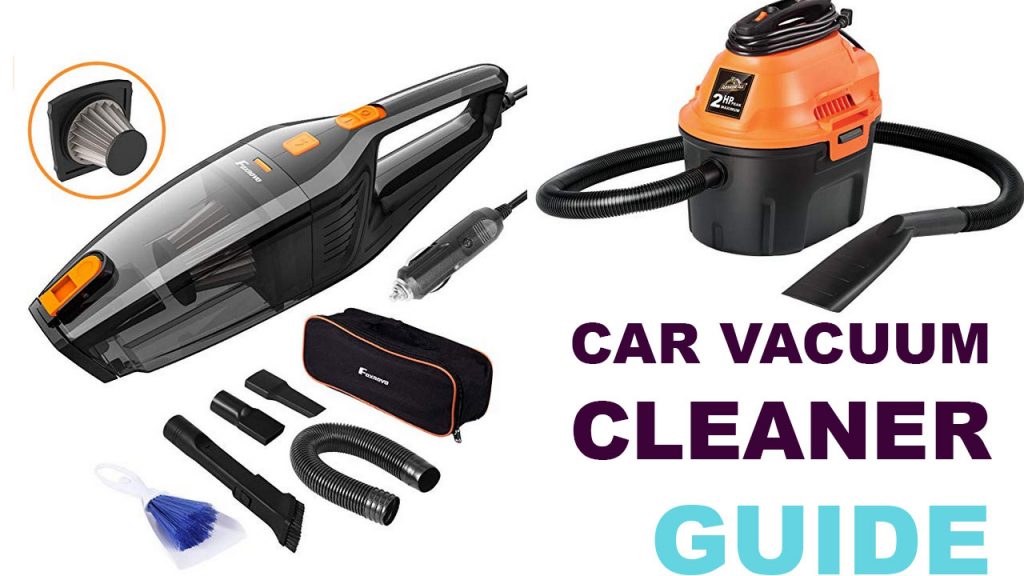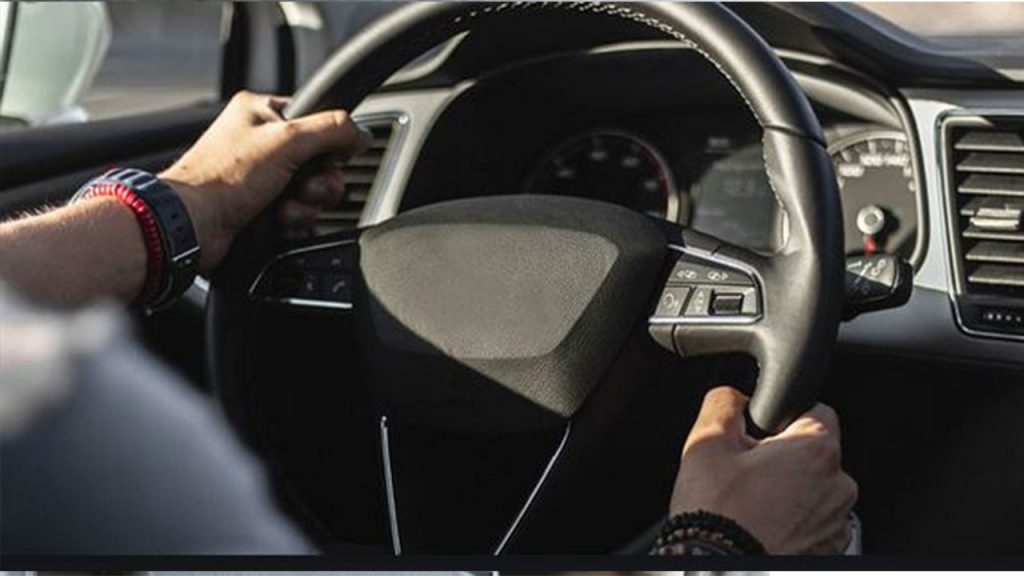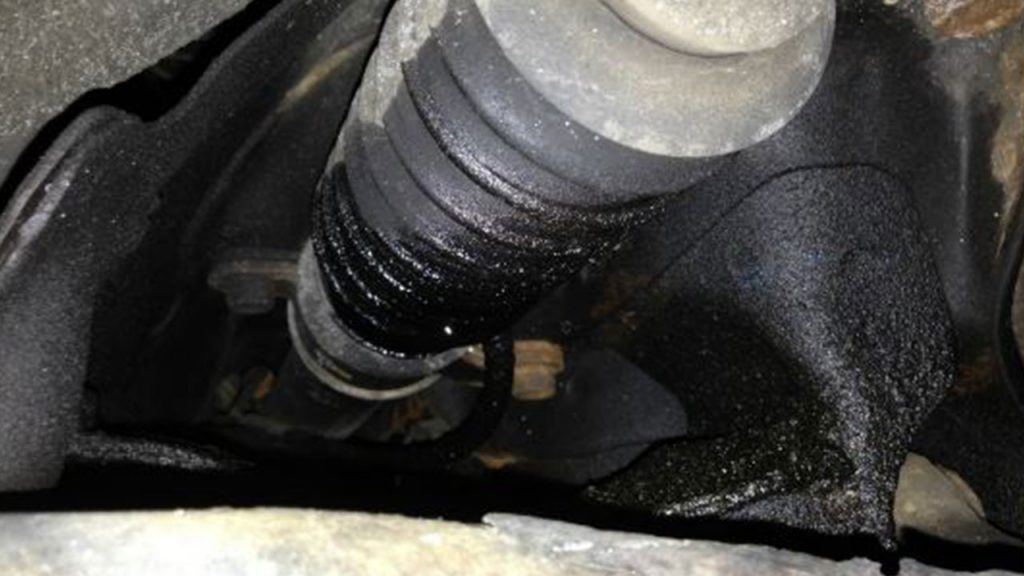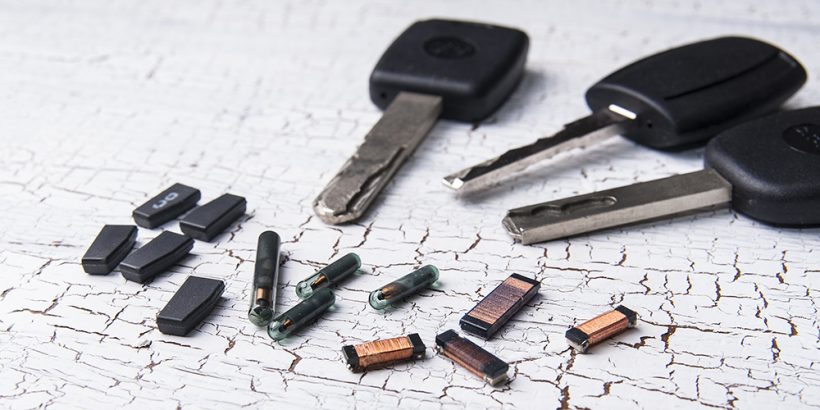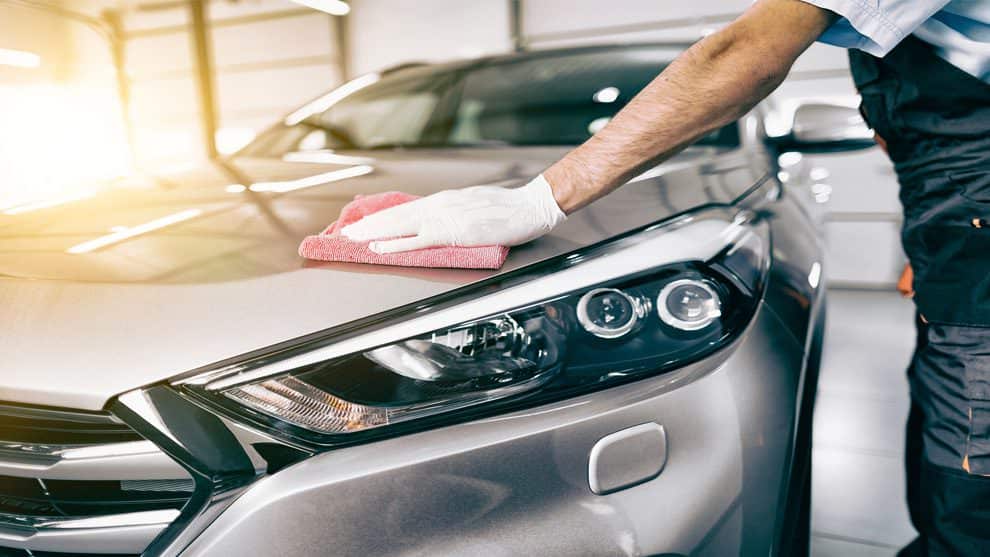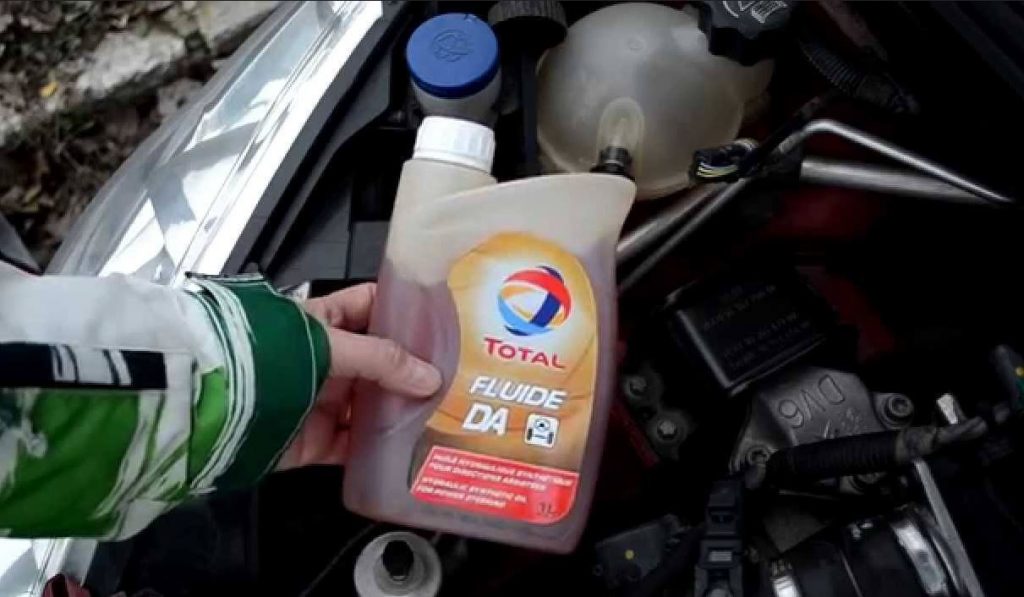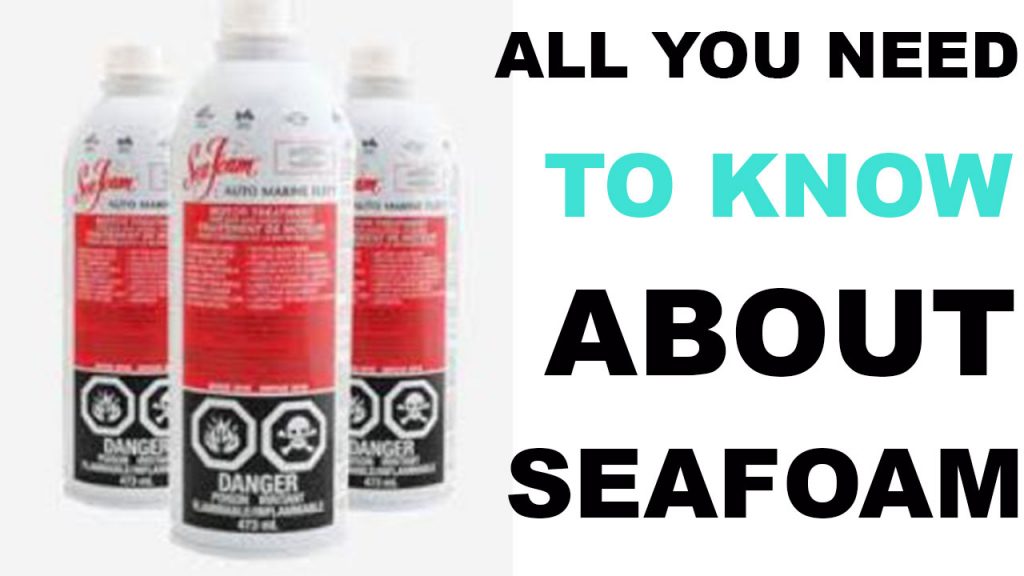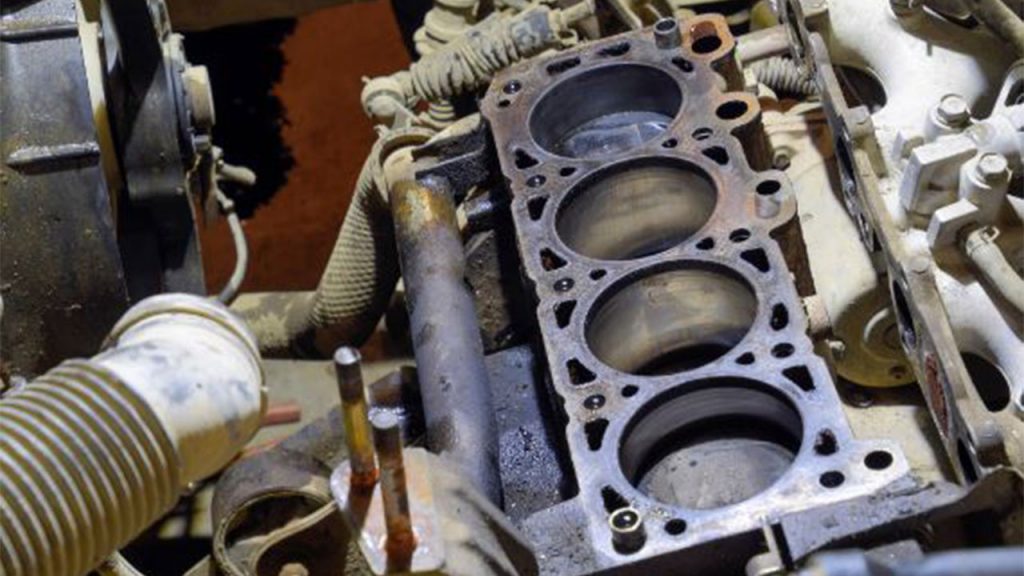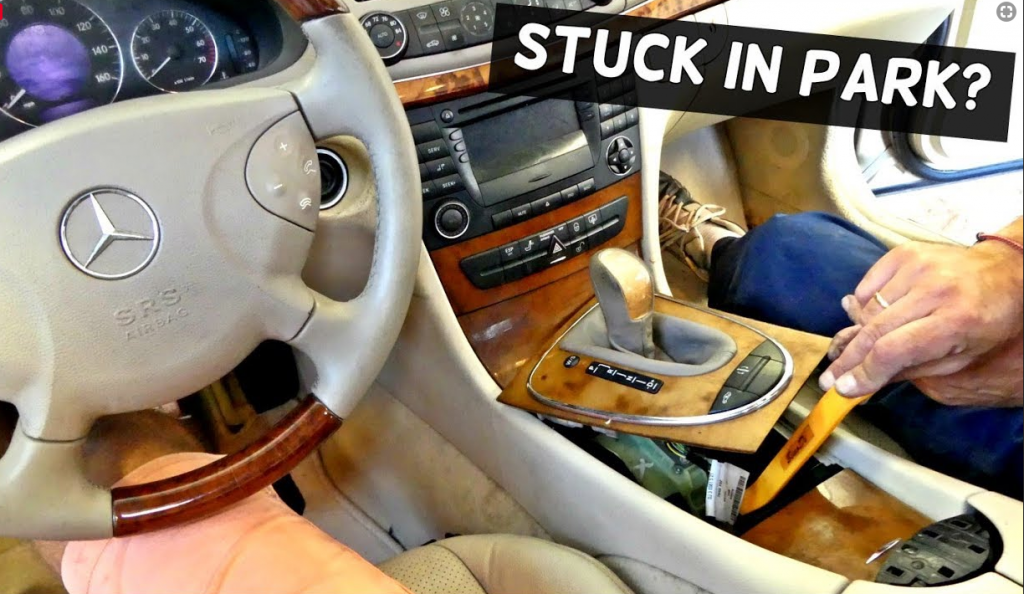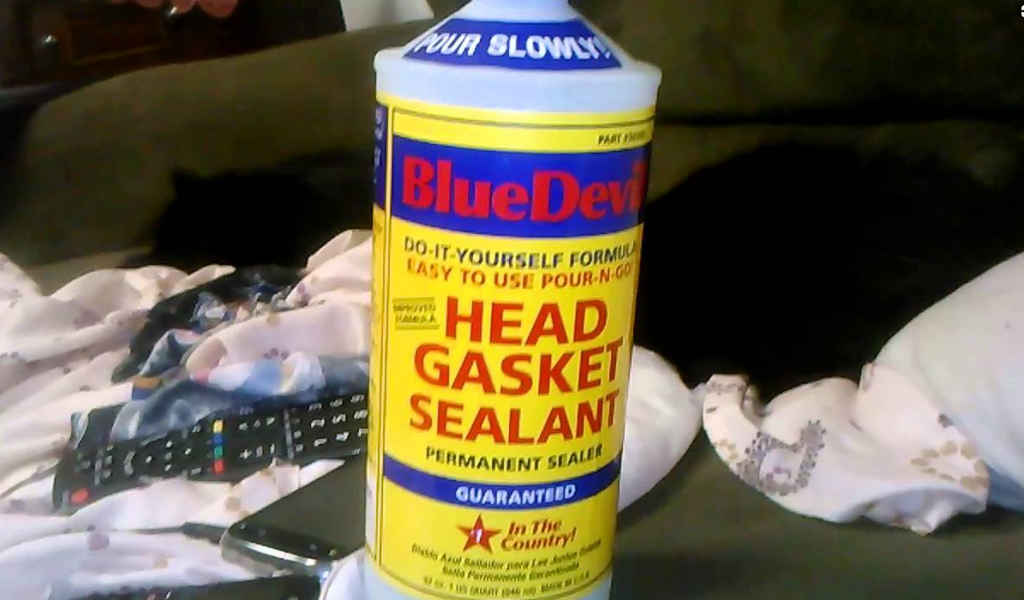Last updated on June 27th, 2023 at 01:40 pm
Sometimes you might experience your brakes squeaking when driving and on other occasions, it is new brakes that squeaks. or it might be brakes squeak when stopping slow. In this post, we are going to talk about
- How to Stop a brakes squeaking when driving
- How to stop brakes squeak when stopping slow or braking lightly
- Why are my brakes squealing with new brakes
- How to Stop New brakes that squeak
- 6 Causes of: brakes squeak when stopping slow: and fix
How to Stop Brakes Squeaking When Driving, When Stopping Slow or Braking Lightly (squeaking noise while driving but not brakes applied)
Driving with squeaky brakes can be very disturbing. Since applying brakes when driving, stopping slow or braking are a very vital parts of the safety measures, we would be discussing these topics in detail.
At times, even though your brakes squeak, they can still stop your car when you need them to. In some cases, getting new brakes doesn’t completely solve the squeaking problems because new brakes can also squeak. What is responsible for this? Read on to find out.
Also Read This: 10w40 vs 5w40 which one is better for your Car
Brakes Squeaking When Driving: What Causes Brake Squeaking? How Can You Fix It?
Presently, modern cars now come with a cast-iron disc squeezed between two brake pads lined with friction material. Normally, cars are designed in such a way that the disc, the pads and the caliper they’re fixed in can start to pulsate or vibrate. Brake squealing can occur at a single separate regularity. Since the pitch is monitored by how stiff and weighty the pad and disc is, this means that the speed of the vehicle and how hard the left pedal is pressed down will only change the volume of noise.
In some cases, the brake squeaking can be as a result of insufficient development at the manufacturer that leaves brake systems prone to generating noise. To fix this issue, the resonant frequency can be changed or the noise can be dampened.
Brake Pad Noises at Normal Level
In most vehicles, brake pads are aligned in a way that causes them to make a grating or whooshing noise for the first few stops in the morning until the pads gets warmed enough to get rid of any moisture they’ve hoarded overnight. This is considered normal. That is why you tend to notice a hissing or grinding noise on some mornings when there’s dew or when it’s raining.
How to Stop Brakes Squeaking When Driving at Normal Level
One way to fix brake squeaking is by completely changing the pads to a different type of friction material. Though it may be difficult to get a good brake pad material that can equate the original one, however changing the squeaking brake to an aftermarket one, either in premium metallic or ceramic pad may change the interaction that shakes the resonant frequency of the pad and disc, thereby stopping the squeaky noise.
There are lots of potions and widgets available in auto-parts shops that claim to cure squeaks, but which may not be advisable to use. Take for instance, the aerosol sprays may not be advisable to use since it can change the friction features of the brake pad and reduce its effectiveness to bring your vehicle to a stop.
To fix this issue, you may have to get shims to make of Teflon to decouple the piston acoustically from the pad. The Teflon is designed in a way that it can go between the pad and the hydraulic piston of the calliper.
You can apply an anti-squeal adhesive, then reinstall the pads and button-up. Anti-squeal adhesive are anaerobic products will remain gummy until you apply the brakes and squeeze out the air.
Ensure you remove any road dirt or corrosion from the mating parts whenever you’re installing any brake parts. Clean up any sliding parts using a wire brush or a file, until you can easily push the pads in and out. Then proceed to apply a thin film of the brake grease to any sliding surfaces. Avoid allowing grease to remain on the pad or disc. Clean off grease properly before hanging on the wheel.
Related Article: Can You Use Brake fluid for Power Steering fluid.

6 Causes of Brakes Squeak When Stopping Slow
- 1- Brake pads contain high metal content
It is normal for brake pads to contain metal. However, it becomes abnormal when it is produced with extremely high metal content. This high metal content drags on the rotor leading to squeaking noises. Generally, brake pads have a lifespan of 30,000 to 40,000 miles. So when buying brake pads, go for the high quality grade. Since brake pads are essentially required to bring the car to a stop, getting a quality type, though costly, will help evade some avoidable accidents that may cause you to eventually spend more than the cost of cheap brake pads.
Go for brake pads with organic material. Material fiber, resin, Kevlar, and rubber. Brakes produced with high organic material takes care of the issue of metal shaving in the pad, hence avoiding the squeaky sounds.
- 2- Squeaking brake pads after overnight
A vehicle exposed to moisture from rain, dew, or condensation overnight, can moisture to accumulate on the rotors, thereby leading to a squeaky sound. The humidity causes a thin layer of rust to form on the rotor surface. As the rotors revolve, the pads scrape off the rust. The squeaky noises occur when the rust gets trapped in the edges of the brake pad. You can avoid this squeak by positioning your car in a climate-controlled garage.
Related Article: Can You Use Brake fluid for Power Steering fluid.
- 3- Drum brakes that aren’t lubricated
You may have noticed some squeaky noises coming from the back brakes when you match your brake pedal. This may indicate that your brake pads needs to be properly lubricated. The metal may begin to rust if there is no sufficient lubrication at the points of contact. This will cause the pads to scrape against the braking plates, leading to squeaking noises.
This can be fixed by regularly lubricating the contact brakes. To get the best lubricant for this, contact an experienced mechanic.
- 4- Thin brake pads
Squeaking sounds may be caused by thinning brake pads. You will notice squeaking noise if your brake pads have become too thin and worn out. At this point, you will have to change your brake pads. The sounds is to warn you that the brake pads are too thin and needs to be replaced. Most car manufacturers attach wear indicators to the brake system to warn drivers when their thin pads need to be replaced.
- 5- Glazing
When brakes become glazed, it can lead to the production of squeaky noises. If brake callipers are glazed, the brakes can remain partially applied. This leads to excess heat and friction, causing the brake pads to harden and glaze. Glazed brakes cause the stopping action of your brakes to reduce and equally leads to high pitch sound.
- 6- Braking Hard
Braking excessively hard causes your brake pads to wear down more quickly than it should because it causes heat to distort your brake discs and rotors. When this happens, your brakes will start squeaking.
How to Stop a Brakes Squeaking when Stopping Low
The squeaking noises when braking at low speed is caused by high-frequency
vibration of the pads against the rotating disc. When the caliper clamps against
the rotating disc, it generates friction which leads to vibration. So, the
squeaking noise will increase if the brake pads are mounted more tightly in the
caliper. Generally, the shims and the high-temperature grease between the pads
and the brake caliper reduce and isolate most of the vibration. The level of
vibration is affected by factors such as dust, mud, road salt, humidity, temperature,
and the brake pad material. When you place your foot on the brake pedal and the
vehicle continues to slow down, the squealing noise reduces and then stops when
the vehicle comes to a stop.
How Can This Be Fixed?
If the squeaking is very loud when stopping low
speed, you have to check for brake pad dust on the wheels. This is a strong signal
of excessive brake pad wear, so check the pad for wear. Ensure you replace the
pad shims and pads if they need to be changed.
Why are my New Brakes Still Squealing?
Some car owners have complained of replacing old squeaky brakes with new ones, but the new brakes still squeak. What could be the cause of this?
It is quite a common problem for your new brakes to squeak even after replacing the rotors and disc pads.
First, before we look at the factors that may be causing your new brakes to squeal, let’s look at the types of brake pads and the related braking reasons.
Types of Brakes
There are basically two kinds of brakes:
- Disc brakes
- Drum brakes
Disk brakes are mostly found in new car models. In disk brakes, the pad presses against a rotor or disc to bring the vehicle to a stop.
How to identify disc brakes
- Thinning brake pads causes brake pads to squeak
- Cheap brake pads with high metal content
- Morning squeak after raining or dew overnight
Drum brakes are situated in the rear wheel where a curved path presses on a hollow drum to bring the vehicle to a stop. Drum brakes tend to squeak only when the contact points of pad-to-backing-late aren’t properly lubricated.
What Causes New Brake Pads to Squeak?
Brake pads squeaking can indicate that your brakes require urgent attention. However, after replacing these parts, your new brake pads can still squeak, this can be very frustrating.
Some reasons why your new brakes may squeal includes:
- Metal fibres. Noisy fibres can lead to noisy brakes. Brake pads mostly contain loads of metal fibres. Squeaking can occur on any part of the pard where the metal fibres are close to each other.
- Panic stopping. Panic stopping or constant hard stopping can heat up the brakes, thereby leaving a glossy finish or glaze on the pads. This, in turn, increases the squeaking sound.
- Brakes stuck in “on” position. Your brake system consists of calliper pins which is responsible for applying and releasing the brake pads. Now, if the pins are stuck in the “on or “apply for” position, this causes the brakes to be applied at an angle. The brake pad will be stuck against the rotor if both pins are stuck, causing glazing, noise, and a burning sell. ,
- Low-quality brake pads: Replacing your brake pads with cheap ones will make it more susceptible to noise and excess brake dust.
How to Stop a New Brakes that Squeak
The sounds coming from your vehicle with driving with squeaky brakes can be very aggravating. There are some steps you can follow to fix squeaky brakes.
Check for loose parts: When brake parts are tight, they ought to move with your hands but brakes that are loose will vibrate and cause some sounds. So try turning the pads, callipers, and other gears to be sure they are very tight.
Replace loose parts: Replace any loose components like the clips and shims if you notice any of the component is loose. You have to replace as soon as possible to ensure the pads do not move within the calliper assembly.
Use dampening paste: The dampening paste provides a small cushion that will dampen the vibration and cease the noises. Note that the market is laden with numerous brands of dampening paste. Go for the brand that is most effective and apply a thin layer of this paste at the back of the pads. Allow the paste to dry properly for about 2-3 hours, the color is expected to get darker when it dries. It is best to allow it dry at room temperature before proceeding to reinstall the pads.
Check for wear signs in the brake pads: Disk indicators are installed in some disk brakes that give off warning noises when brake pads are worn out to a certain extent. Ensure you heed to this warning and have the disk replaced immediately.
Conclusion On Brakes Squeaking When Driving and When Stopping Slow or Braking Lightly
Squeaky brakes are serious safety issues that should be taken seriously. Your mechanic can check your brake during a routine service check.
Even though you don’t experience squeaky brakes, it is best to check your brakes once or twice in a year to ensure they are functioning properly. It is essential for all vehicles that are three years and above to have operational brakes. If you aren’t totally sure of what is causing your squeaking brakes, get them properly inspected by a professional auto mechanic.
In a nutshell, if you notice squeaking brakes from your vehicle, this is a definite sign for an inspection and a service, don’t ignore it. When the brakes of your vehicle is not performing at their best, the risks can be high if overlooked.
Related Articles: 5 Symptoms Of a Clogged Catalytic Converter and Can You Use Brake fluid for Power Steering fluid.

